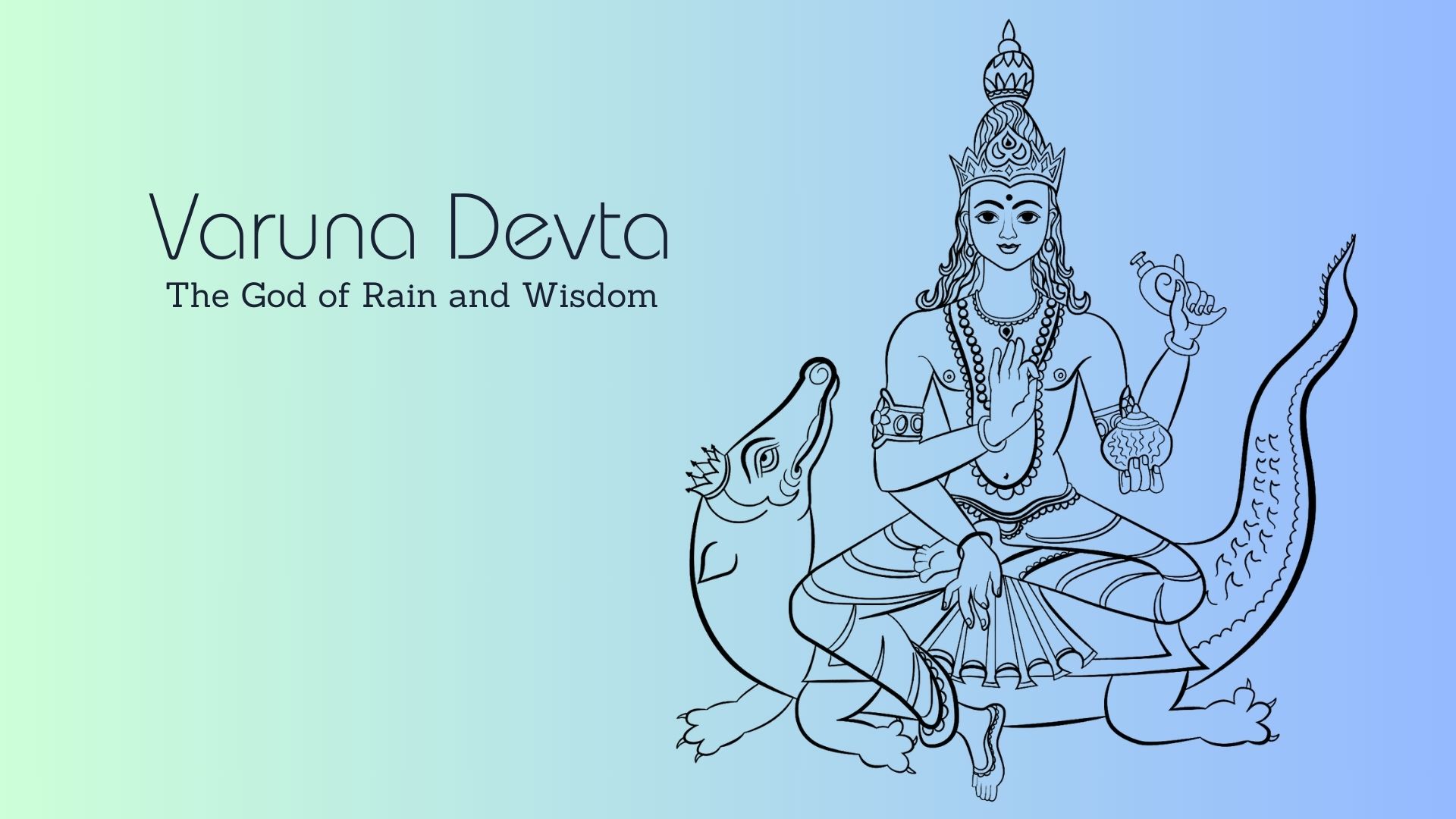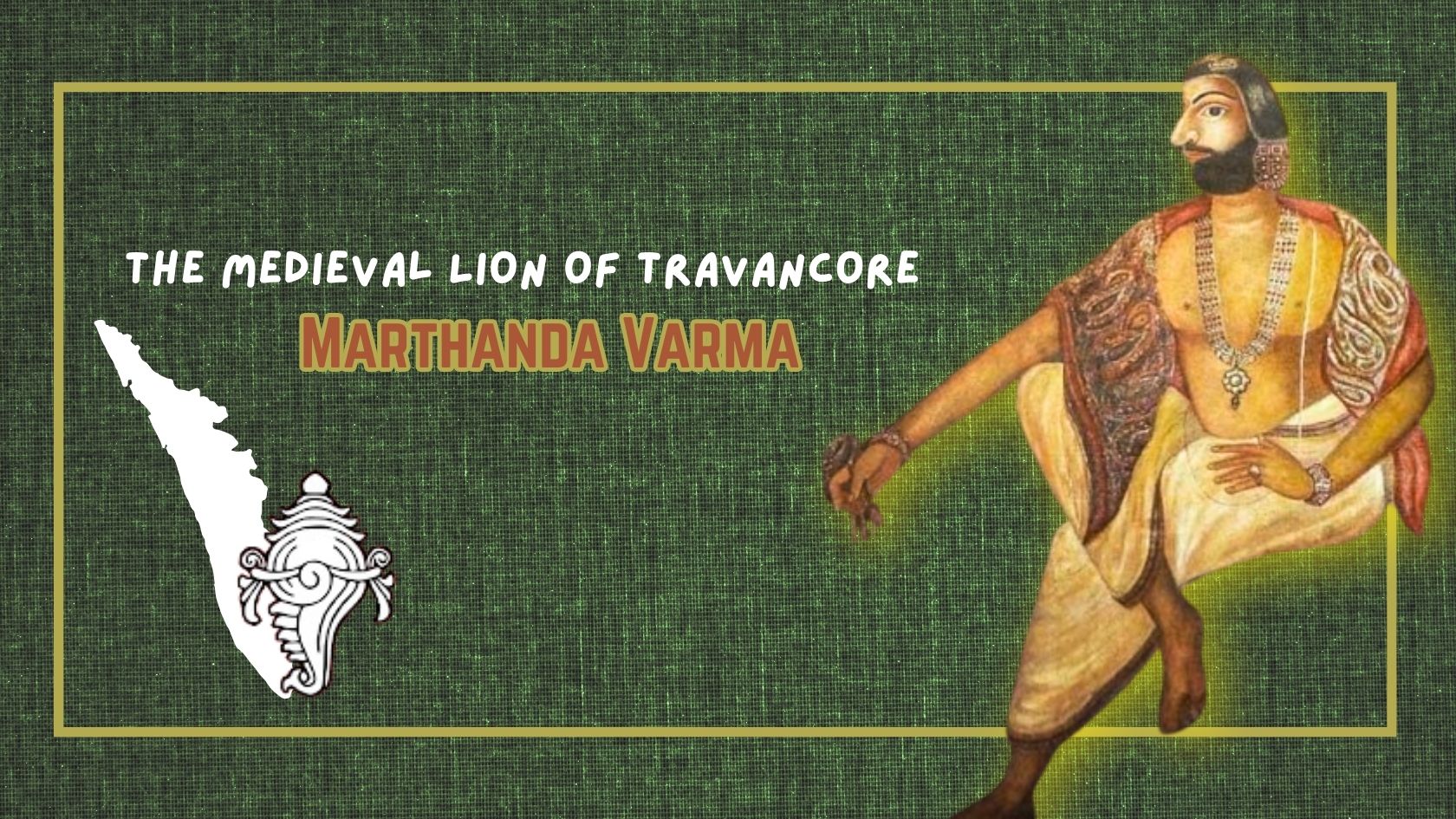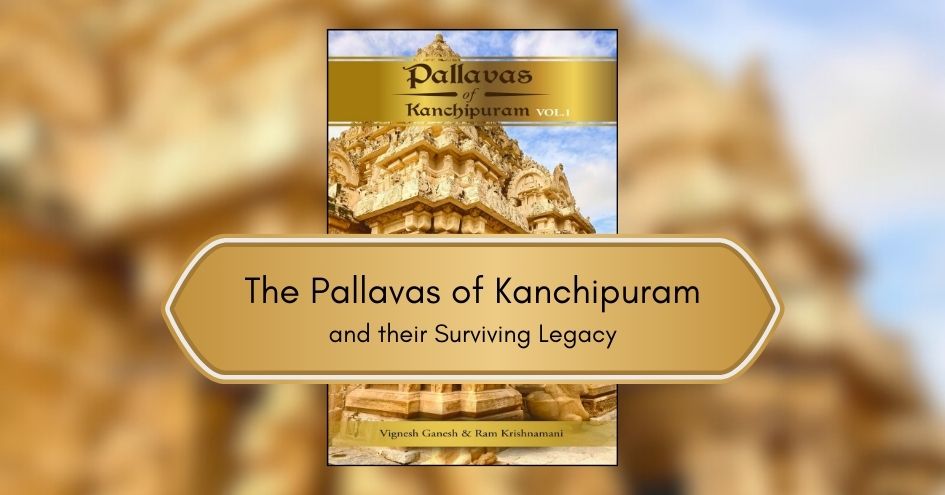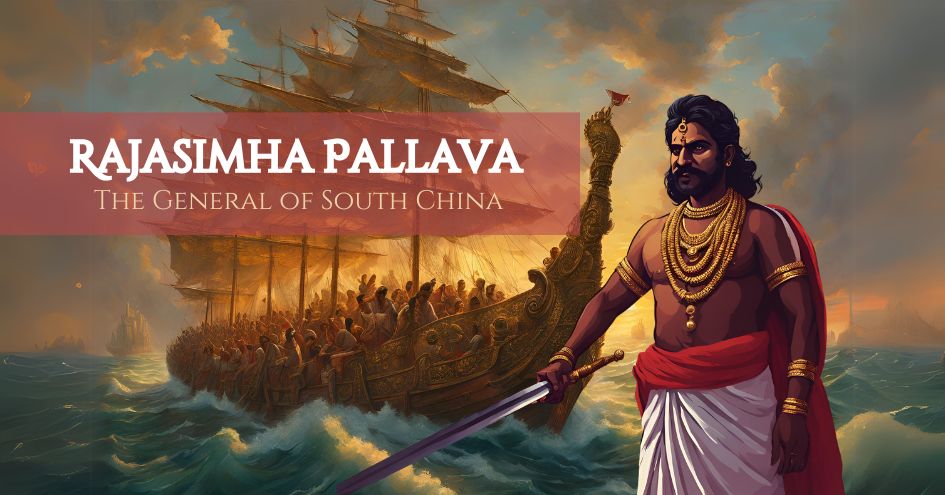
On this rainy day in Coimbatore, as an orange alert is announced, it's the perfect time to explore the stories surrounding the God Varuna. Varuna, also known as Varuna Devta, holds a significant place in our culture and has an intriguing history that stretches back to ancient times.
Varuna Devta - The Celestial Ruler
Varuna Devta is one of the earliest celestial gods to be worshipped in Hinduism, with his origins dating back to the pre-Rig Veda era. In those ancient times, he was revered as a majestic monarch of both the heavens and the earth. He held dominion over the light and the sky and was seen as the upholder of cosmic law or Dharma. Varuna possessed boundless knowledge and was a figure to be feared and revered by both mortals and gods alike.
Early Vedic References
In the early Vedic texts, Varuna Devta was part of a generation of gods that preceded the Devas. He was hailed as the mighty one, the omnipresent ruler of all realms, and the embodiment of justice. As the Rig Veda reflects monotheistic roots, Varuna Devta is considered a magnificent manifestation of the One Supreme God. The Rig Veda attributes qualities of greatness, might, wisdom, inspiration, and extraordinary insight to him.
Later Vedic References
As time passed, a shift occurred among various Vedic clans, leading to a change in the perception of Varuna Devta. The worship of Asura Mahat gods of the Brighu clan, including Varuna Devta, waned, and the term "Asura" itself started to become associated with demons. In the Yajurveda, Varuna Devta transformed into a deity of physicians, a god endowed with wisdom, knowledge, and a wealth of remedies.
References in Upanishads
In the Upanishads, Varuna Devta was associated with water and became the ruler of the west. Aditi, the Goddess of the Earth, was considered his mother, and Mitra his sister. He was often depicted riding a Makara, a half-fish, half-sea creature, and his weapon of choice was a rope or Pasha. He was described as the Lord of Truth, emphasizing his role as a ruler of the realms.
Tamil and Foreign References
The influence of Varuna Devta extended beyond India. In Thailand's Hindu temples, you can find sculptures of Varuna Devta riding three swans. He is also worshiped as the lord of the ocean, as described in the oldest Tamil book recovered to date, Tolkappiam. Varuna has variations in several cultures, from being Perun (Varun) in Slavic countries to having links with the Greek sky god Uranos. In the Zoroastrian religion, he is believed to be Ahura Mazda, the Supreme One.
References in Ramayana and Mahabharata
Varuna Devta's presence is prominent in the Ramayana and Mahabharata. In the Ramayana, he is known to have appeased Lord Rama when the latter was about to unleash the Bhramastra on the ocean. Additionally, he supported Lord Krishna after Krishna's victory over him in battle, gifting celestial weapons like the Sudarshana Chakra to Krishna and the Gandiva Bow to Arjuna before the Mahabharata war.
Varuna Devta's story demonstrates his evolution from a cosmic ruler to a god associated with water, knowledge, and wisdom. His influence transcends borders and cultures, leaving an indelible mark on the collective consciousness of humanity. So, as the rain pours in Coimbatore, take a moment to ponder the enigmatic God Varuna and the depth of his legacy in Bharat and beyond.
"Om Jala-Bimbaya Vidmahe
Varunaaya Dheemahi
Tanno Varuna Prachodayat"
This mantra is a profound invocation to Varuna, seeking his blessings and guidance. Chant it with reverence and focus, allowing the sacred vibrations to resonate with your inner self and draw the divine energy of Varuna into your life, bringing peace, purification, and protection, especially during the rainy season.
NEXT ARTICLE

Shri Ramachandra Prasad's captivating narrative and the hot chai that was served at the right time transported me to ancient Kerala, where the extraor...

Introduction In Bharatvarsha, History is not the account narrated by victors. It is the record left behind by survivors. The study of Indian History...

It is the first-half of the 8th Century C.E. in South India. The Pallava kingdom possesses strength and prosperity with some of the greatest monument...